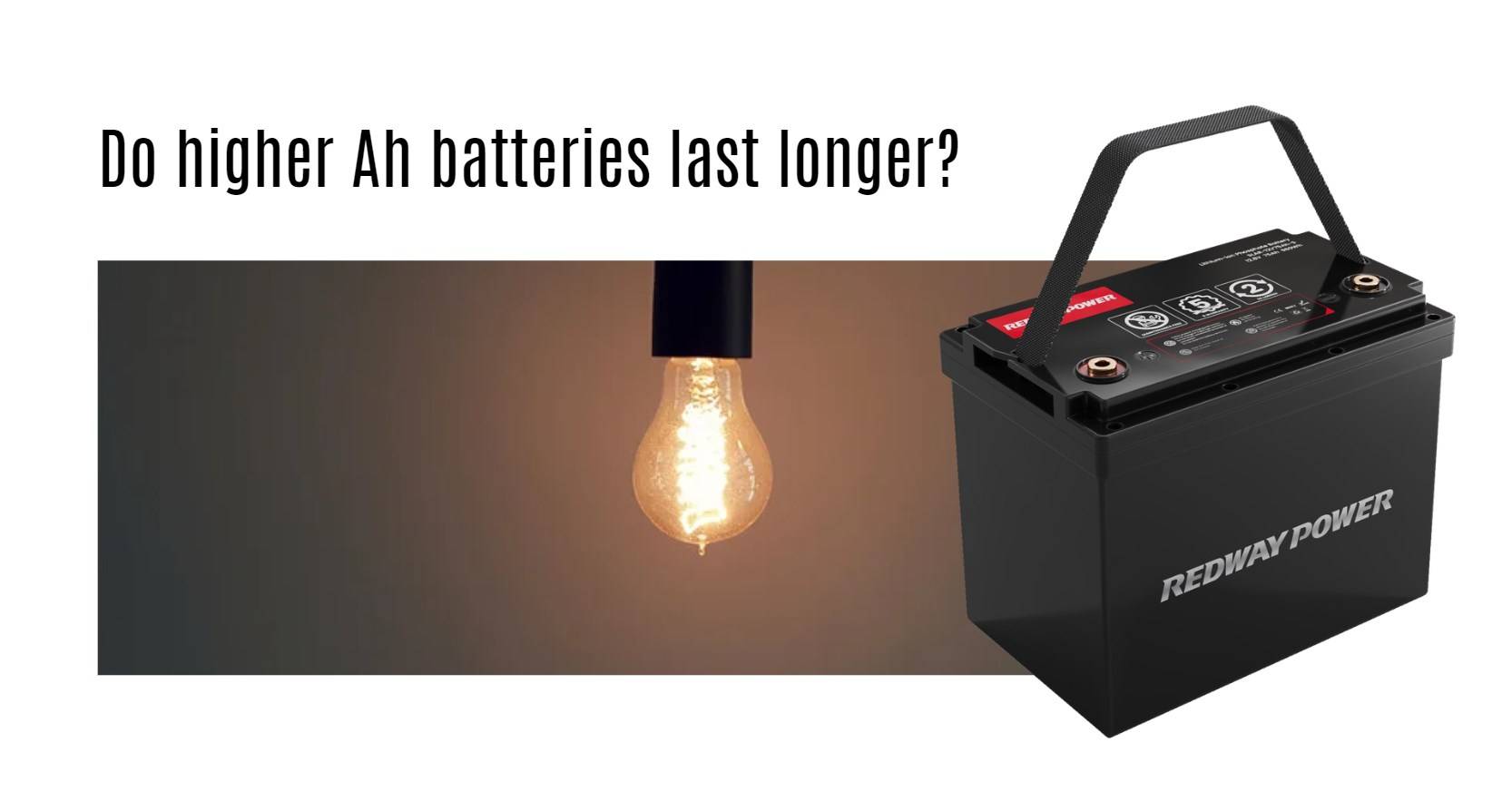Higher amp-hour (Ah) batteries generally provide longer runtimes, meaning they can sustain power delivery for extended periods before needing to be recharged; however, battery longevity also depends on factors such as discharge rates, usage patterns, and environmental conditions.
What is Amp-Hour (Ah) Rating and Its Significance?
The amp-hour (Ah) rating measures a battery’s capacity to deliver a specific current over time; for example, a battery rated at 10Ah can theoretically provide 1 amp for 10 hours or 10 amps for 1 hour, making it a crucial metric for understanding how long a battery will last under various loads.Chart: Amp-Hour Rating Explained
| Amp-Hour Rating | Current Draw | Estimated Runtime |
|---|---|---|
| 10 Ah | 1 A | 10 hours |
| 10 Ah | 5 A | 2 hours |
| 20 Ah | 2 A | 10 hours |
How Does Ah Affect Battery Performance and Runtime?
A higher Ah rating typically translates to longer runtimes for devices; however, it does not inherently increase the power output at any given moment, which is determined by voltage and current draw from connected devices.
What Are the Benefits of Using Higher Ah Batteries?
Using higher capacity batteries allows for extended operation times between charges, making them ideal for applications like electric vehicles or off-grid solar systems where sustained energy delivery is essential.Chart: Benefits of Higher Ah Batteries
| Benefit | Description |
|---|---|
| Longer Runtime | More energy stored allows for prolonged use |
| Greater Energy Storage | Ideal for high-demand applications |
| Flexibility in Usage | Can power multiple devices or higher loads |
How Does Battery Capacity Impact Runtime and Efficiency?
Battery capacity directly impacts runtime; a higher capacity means that under similar discharge conditions, devices can operate longer before requiring a recharge, enhancing overall efficiency.
What Role Does Voltage Play in Overall Battery Performance?
Voltage is crucial as it determines how much power can be delivered at any moment; while higher amp-hour ratings increase capacity, they must be paired with appropriate voltage levels to ensure devices operate effectively.
How Do Temperature and Environmental Conditions Impact Battery Life?
Temperature extremes can significantly affect battery performance; high temperatures may increase self-discharge rates while low temperatures can reduce effective capacity, emphasizing the need for proper storage and usage conditions.
What Maintenance Practices Can Extend the Life of a High-Ah Battery?
Regular maintenance practices such as monitoring charge levels, ensuring proper ventilation during charging, and avoiding deep discharges can help extend the lifespan of high-Ah batteries, maximizing their efficiency over time.
Expert Views
“Understanding amp-hour ratings is vital for anyone relying on batteries for critical applications,” states an expert at Redway Power. “While higher Ah ratings generally mean longer runtimes, users must consider other factors like depth of discharge and device power requirements to optimize performance.”
FAQ Section
- Do higher amp-hour batteries always last longer?
Generally, yes; higher amp-hour batteries can deliver power for longer periods before needing recharging. - Can I use a higher amp-hour battery in place of a lower one?
Yes, as long as voltage matches and physical size fits; however, consider charging time and compatibility with your device. - What factors besides amp-hours affect battery life?
Depth of discharge, temperature conditions, charging practices, and device power requirements all influence battery longevity.




